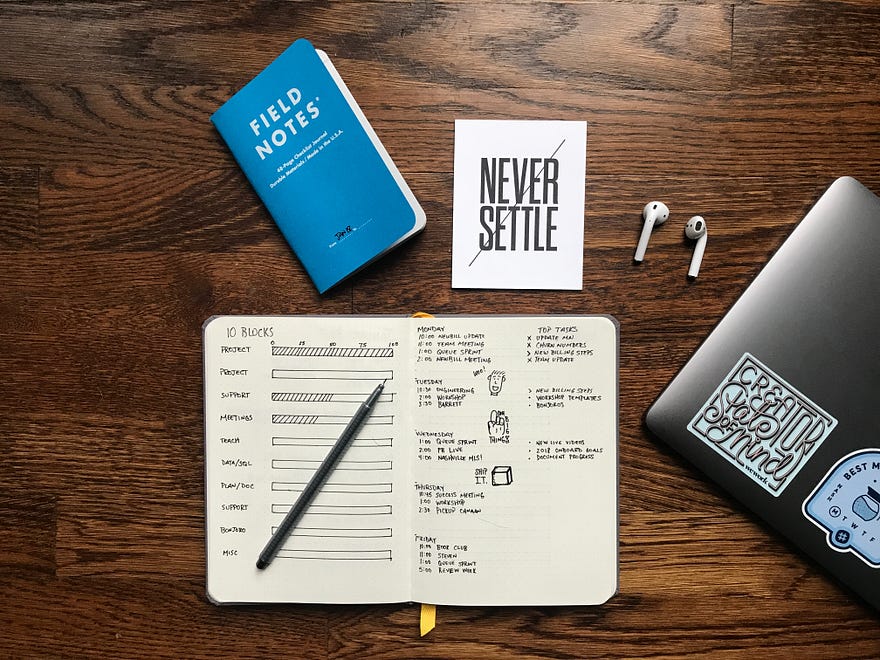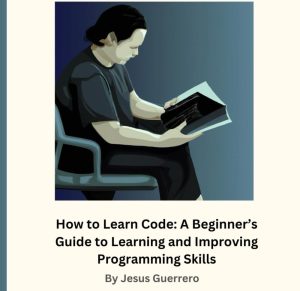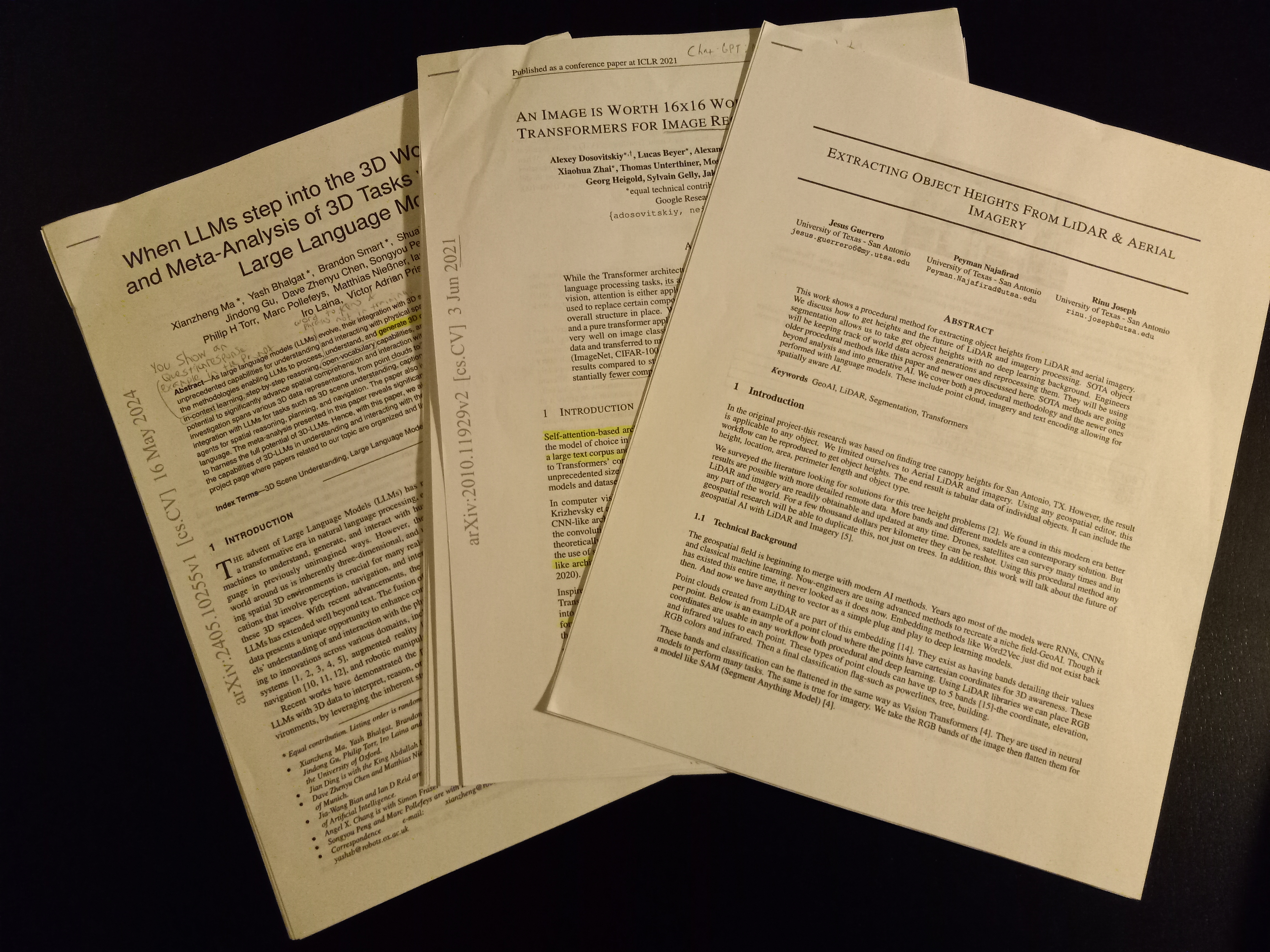Writing & keeping a reference manual is a fantastic resource for long-term learning. The goal of a reference manual is to learn difficult or easily forgotten concepts/terminology in the present and teach your future self things you may forget.
Each manual you write will improve your skill at teaching your future self. In time you will find these manuals invaluable.
I will give you some guidance for this method…
Table of Contents
Knowing What to Write and Not Write
If you write out a reference manual, in whatever software, the goal should be to write the clearest & most concise material, which you know is important, potentially difficult to relearn or easily forgotten.
It is for reference. Not a guide or a blog post. They are entirely different things. A reference takes concepts you already know or knew in the past and reminds you of how you once understood them. A guide or article, explains things in depth, as if you are encountering it for the first time.
Just remember, you are not encountering for the first time. Focus on concepts you barely understand or understanding which you know you will forget in the future. Skip writing material which is hyper intuitive, you know you will never forget, or things of which you are super familiar.
Always create a well sized terminology section for you to refer to when you revisit the technology. You will be surprised how this may be the cornerstone of most of your reference manuals. You could probably just review the terminology section and restore a large part of your current understanding to your previous.
Lastly, skip material which you can very easily look up. Try to stick to the slightly more obscure stuff or things which only you can explain to yourself in the best way.
Rewrite Your Manual As You Grow
I recommend creating more and more advanced manuals as you grow. Essentially, a more advanced manual will skip the smaller, entry-level details or details you know fully. I recommend beginner, intermediate & advanced revisions of your manual each which you should proudly keep.
If you ever progress to a point where you don’t need the beginner manual, just keep it for your own pride. Completely start a new, more advanced, manual.
When you create a new manual it should skip all the stuff you now know intuitively or will not forget. You may find your intermediate manual to be 2–5 times smaller than your beginner manual. Mostly, because you don’t need the small details anymore and you have moved to bigger and better things. This is expected.
Just remember while writing these, the manual is just for you and no one else. There is no right or wrong way to teach your future self. Just write in a way you best understand. Additionally, you could and should place videos, pictures, snippets and everything you can to teach yourself in your own way. It is amazing how we readily understand our own references but hardly understand anyone else’s.
I still have my old Python manual when I first started learning Python. It is about 15 pages long in Jupyter Notebook. 3 years later I wrote a brand new intermediate version and am proud to only need a few pages to understand decorators, some data structures and magic functions.
In addition to these, I have Machine Learning manuals, graphics programming manuals, a Java manual, a C++ manual, a LeetCode manual, React manual and many more which I refer to whenever I switch to learning that technology.
Best Note-Taking Software
I plan on porting my 20+ collection of Jupyter Notebook manuals to Codex. It is the best note-taking app I have encountered so far.
Here is is: https://codexnotes.com/
Anywho, I hope you learned something…
Happy coding!
Resources
Jupyter Notebook: https://jupyter.org/
Check out my full courses article for learning programming: https://jessenerio.com/how-to-study-full-coding-courses/



